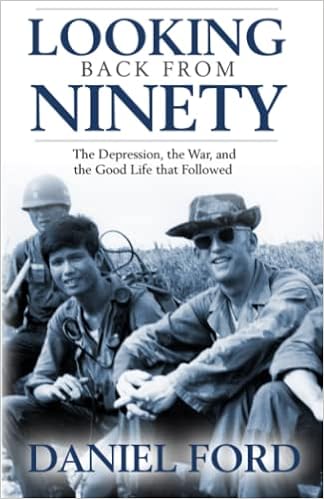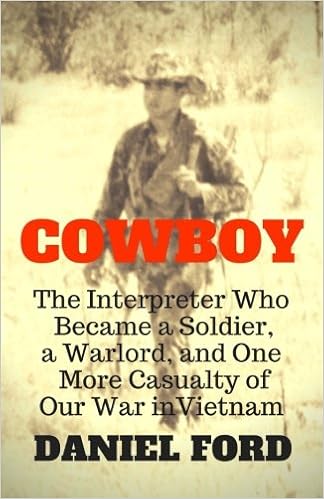Not only a monster, but needlessly so
From Khruschev's 'secret speech' of 25 Feb 1956:
'Stalin ... used extreme methods and mass repressions at a time when the revolution was already victorious, when the Soviet state was strengthened, when the exploiting classes were already liquidated, and Socialist relations were rooted solidly in all phases of national economy, when our party was politically consolidated and had strengthened itself both numerically and ideologically. It is clear that here Stalin showed in a whole series of cases his intolerance, his brutality, and his abuse of power. Instead of proving his political correctness and mobilizing the masses, he often chose the path of repression and physical annihilation, not only against actual enemies, but also against individuals who had not committed any crimes against the party and the Soviet Government. Here we see no wisdom but only a demonstration of the brutal force which had once so alarmed V.I Lenin.'
I don't think I've ever read a more concise condemnation of the man who, with Hitler and Mao, made a shambles of the 20th century.











2 Comments:
I have recently read Simon Sebag Monetfiore's biography of Stalin's circle In the Court of the Red Tsar. What's stuck with me as remarkable about Stalin is that alongside his crude and monstrous brutality and mammoth paranoia he was a sophisticated reader of literature--poetry and prose--a serious student of history and a loving and highly tolerant father (at least toward his daughter). Apparently the contrasts in Stalin's personality are old news in some circles--my colleague who is expert on these matters says that this is an old story. Maybe, but not to me, and not I think to most reasonably informed observers of the Cold War for whom Stalin's presence while profound tends to be unidimensional.
To be sure, and Hitler loved Wagner's operas and his dog Blondi. A monster nonetheless!
What makes me most nervous about academics is their fondness for seeing both sides of the question. This leads them inevitably to splitting the baby. The United States was not entirely innocent in the Cold War, ergo it was equally culpable with the Soviet Union. Or, in this case, Stalin read Turgenev and loved his daughter (somehow I don't remember Svetlana making that point when she requested aslyum in the west: didn't her father send her husband to a labor camp?), ergo he's not all bad. He was all bad! Or bad enough to go forward with.
It is interesting however how often there is a chasm between what historians accept as true and what journalists peddle as the truth.
Post a Comment
<< Home